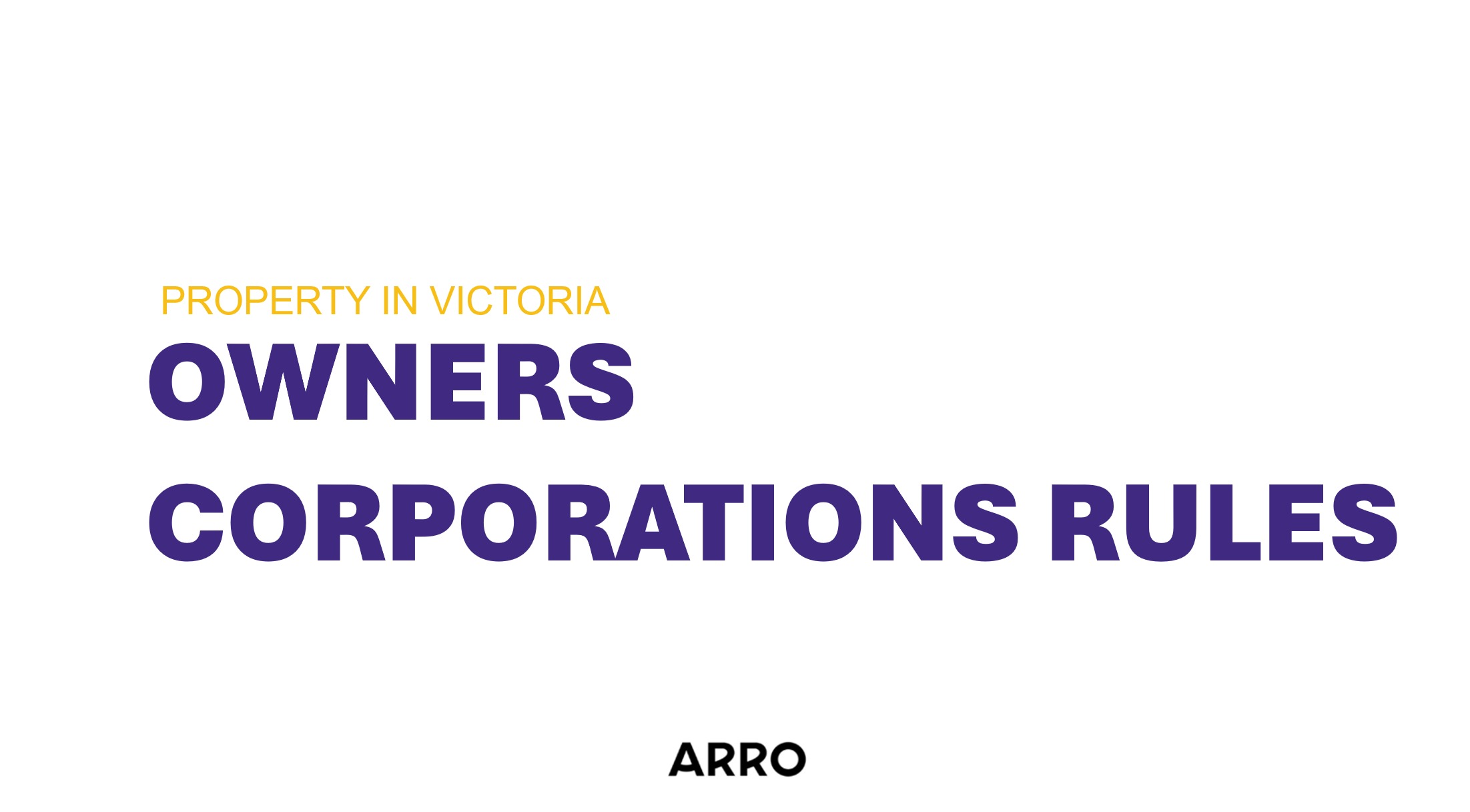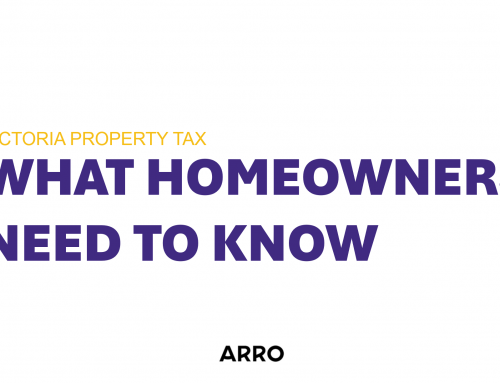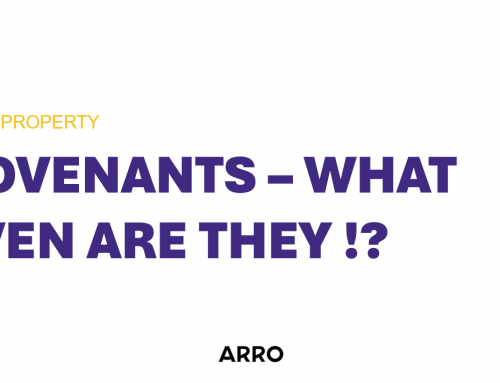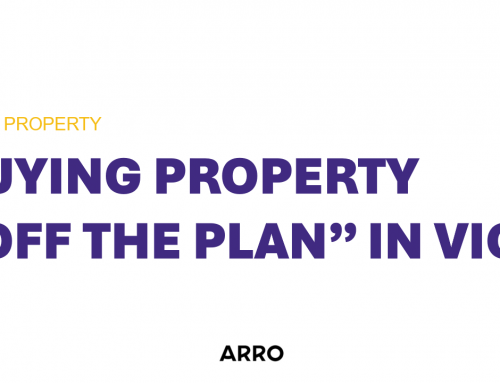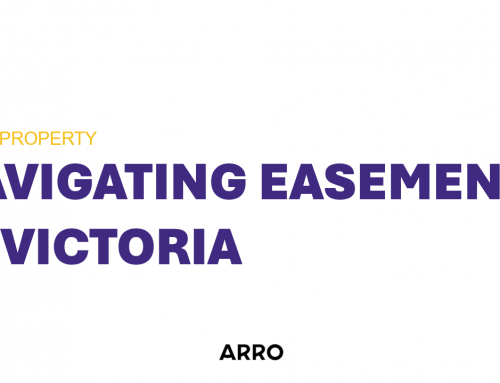In Victoria, properties like apartment buildings, townhouses, and multi-unit complexes often require a collective approach to managing shared spaces. This is where Owners Corporations (OCs), previously known as body corporates, play a crucial role. Owners Corporations are responsible for the management, maintenance, and administration of common areas in a property development, ensuring the smooth running of shared spaces and facilities. Understanding the legal framework that governs Owners Corporations is essential for property owners, particularly in handling disputes, maintenance, and other responsibilities.
Role and Responsibilities of Owners Corporations
The role of an Owners Corporation is multifaceted, and its responsibilities typically include the following:
- Maintenance and Repairs: One of the primary duties of an Owners Corporation is to maintain and repair common property, which can include lobbies, gardens, stairwells, lifts, and swimming pools. Regular maintenance is essential to keep these areas in good condition and ensure they are safe for all residents and visitors. This may involve hiring tradespeople, organising cleaning services, and attending to urgent repairs.
- Insurance: Owners Corporations are required by law to take out public liability insurance for common property and reinstatement and replacement insurance for buildings on common property. This ensures that the property is covered in the event of damage or personal injury claims.
- Dispute Resolution: Owners Corporations are responsible for resolving disputes between members and the OC itself. Disputes can arise over issues such as breaches of OC rules, financial contributions, or disagreements about the management of common property. The OC must follow the procedures set out in the Owners Corporations Act and its own internal rules to resolve disputes. Mediation and conciliation are often used, but if unresolved, disputes may be taken to the Victorian Civil and Administrative Tribunal (VCAT) for adjudication.
- Setting Fees and Levies: Each year, the OC determines the annual fees (or levies) that lot owners must contribute to cover the costs of maintaining common property and managing the OC’s operations. These fees are usually based on the lot liability of each owner, which is the proportion of total costs each lot owner is responsible for, as defined in the plan of subdivision. Special levies may be raised for unexpected or major repairs.
- Enforcing Owners Corporation Rules: Owners Corporations can establish and enforce their own rules, which can cover a range of topics, including noise levels, parking, and pet ownership. These rules must be reasonable and consistent with the Owners Corporations Regulations 2018. Lot owners and residents must adhere to these rules, and the OC has the authority to act against those who breach them, including issuing breach notices or taking legal action if necessary.
Common Issues and Disputes in Owners Corporations
While Owners Corporations are meant to facilitate cooperation among lot owners, conflicts can still arise. Here are some common issues that OCs typically face:
- Disputes Over Maintenance Obligations: One of the most frequent sources of tension in Owners Corporations is disputes over maintenance and repair responsibilities. Owners often disagree on what constitutes common property versus individual lot property, leading to arguments about who should pay for certain repairs. For example, disagreements can arise over whether certain balconies, windows, or external walls are part of the common property.
- Unpaid Fees or Levies: Owners Corporations rely on fees and levies from lot owners to maintain common property and cover administrative costs. When lot owners fail to pay their fees on time, it can lead to financial difficulties for the OC and disputes among members. In these cases, the OC has the right to pursue unpaid fees through legal channels, including debt collection agencies and VCAT.
- Noise and Nuisance Complaints: Living in close quarters with other residents can lead to conflicts over noise and nuisance behaviour. Complaints about loud music, parties, or disruptive behaviour are common in multi-unit developments. Owners Corporations typically have rules governing acceptable noise levels and behaviours, and these rules must be enforced consistently. Mediation is often a first step in resolving these disputes.
Owners Corporations play a vital role in managing common property and ensuring the smooth running of multi-unit developments in Victoria. Understanding your rights and responsibilities as a lot owner is crucial for avoiding disputes and ensuring the ongoing maintenance of shared areas. By staying informed about the legal framework governing Owners Corporations and actively participating in their operations, lot owners can protect their investments and enjoy a harmonious living environment.
For any legal assistance related to Owners Corporations in Victoria, Arro Lawyers can provide expert guidance on disputes, maintenance obligations, and compliance with OC rules. Reach out to us today for advice tailored to your specific needs.
